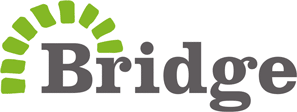Public private partnerships transforming public education systems in Africa
20 January 2020
Governments are increasingly using private sector partners to swiftly improve learning at scale across their public education systems, as the decade in which the Sustainable Development Goals (SDGs) are due to be achieved, begins.
Gordon Brown’s global Education Commission says that over 800 million children and young people will not learn the skills they need to thrive due to failing education systems. Despite the introduction of SDG4, there are still more than 260 million children out of school and more than 600 million in school who are not learning even the most basic levels of literacy and maths.
There is a very real risk of the international community missing the shared goal of quality education for all: UN Sustainable Development Goal 4.
A social enterprise called Bridge International Academies, or Bridge, is focused on helping to achieve the UN goal on education in Africa and Asia. It serves communities living in poverty and has helped to educate one million children over the last ten years at nursery and primary level. Bridge is significantly improving learning outcomes by supporting governments to put teaching best practices straight into the hands of public school teachers around the world, using technology and in-person, ongoing teacher training and coaching.
The global Education Commission and many other experts agree that teaching quality is the most important factor for learning outcomes at the school level. However, in many countries there are not enough teachers, they are often isolated, and not supported to deliver effective teaching and learning.
But recent government partnerships with the private sector have shown this situation can be changed:
- In Edo State Nigeria, thousands of government teachers are delivering better learning outcomes for hundreds of thousands of children.
- In Borno state Nigeria, a government tripartite partnership approach has transformed schooling for hundreds of children and is set to expand.
- In India, a partnership model is delivering better learning for young children in nursery and primary level community schools.
- In Liberia, the government has had international attention thanks to a bold public private partnership that has unquestionably resulted in better learning outcomes for children.
- In Lagos state Nigeria, community schools are delivering better learning outcomes for children than the alternatives, according to a DFID report.
Commenting on this, Griffin Asigo, Bridge Country Director in Liberia said: “Liberia’s innovative public private partnership has been at the forefront of the african and global education conversation. I am delighted that an independent study has now shown that after three years, children are learning far more in the public school system than they would have been otherwise. The government programme, implemented at scale.”
All these education transformations are using local government teachers within the existing public school system, directly tackling the global shortage of good teaching and learning.
Chaitra Murlidhar leads professional development for teachers and school leaders across territories in Asia and Africa. She says: “Ultimately, the quality of education delivered is tied to how well a teacher is set up to succeed in her classroom. The status-quo world over is that teachers are often held accountable for outcomes without always being given the support and coaching they need to develop and grow their teaching practice. I believe in investing in teachers, in equipping them with the skills, mindsets and the support they need to lead their classrooms to success. Then, and only then, can they be held accountable for delivering on student learning gains.”
Bridge treats learning as a science as it implements best practices across all the schools it runs or supports in Asia and Africa. Bridge’s pedagogy experts around the world are focused on how children learn, tweaking, adapting and iterating lessons and teacher training in the light of data and evidence, to make sure children learn as much as possible, aligned to local in-country national curricula. By collecting information at scale on what lessons work best, and how children learn, local academics in-country work to improve lessons for all children. The approach means that not only can a few schools be served in a few areas but that tens of thousands of schools and millions of children can benefit anywhere in the world.
The results for teachers and children have been very encouraging. in Liberia, a gold standard three year RCT found that students in Bridge-supported schools had the equivalent of 2.5 years of additional learning. In Nigeria, a DFID report showed equity of high attainment at Bridge schools for children from all types of socio-economic backgrounds. In addition, those children that sat the 2019 Nigerian National Common Entrance exam in Lagos, excelled, getting access to some of the best secondary schools in the country.
Social enterprises doing this sort of work is an idea supported by the majority of the UK public, three quarters of Europeans, and it’s also now part of the official UK Aid strategy for education. From the poorest regions of India to the low-income communities of Nairobi and even areas affected by the terrorist group al-Shabaab, well-supported teachers are thriving and making an impact.
[ENDS]
Bridge London Press Office
Media@oldbridge.mc-staging2.net
+44 (0) 20 3813 8236
Notes to Editors
More information about Bridge’s impact in national exams, studies and reports can be found on the website impact page, here
The Bridge approach involves government teachers going through an intensive up-skilling and training scheme, so they are ready to use new classroom management techniques; teaching philosophy and hand-held tablets that give them access to very high quality lesson guides based on their local curriculum. They are trained to use best practice teaching techniques for their environment. In addition, Bridge supports them with regular in-person coaching inside the classroom. In this way technology and continuous professional development help teachers to deliver more child-centred lessons that result in higher learning outcomes for children.
About Bridge:
Globally, there is an education crisis. Bridge is committed to helping tackle this through a data driven, evidence based approach that delivers strong schools and a great education for all. Bridge runs or supports nursery and primary schools in Nigeria, Kenya, Uganda, India, and Liberia where communities live on less than $2 a day per person.
Bridge believes every child has the right to high-quality education and works in partnership with governments, communities, parents, and teachers to ensure access to quality education. Bridge uses in-depth teacher training and support, advanced lesson plans and wireless technology to provide pupils with a meaningful and life-changing education. It runs or supports over 1,500 schools and has educated 1 million children. The majority of children supported by Bridge today are in government schools.





